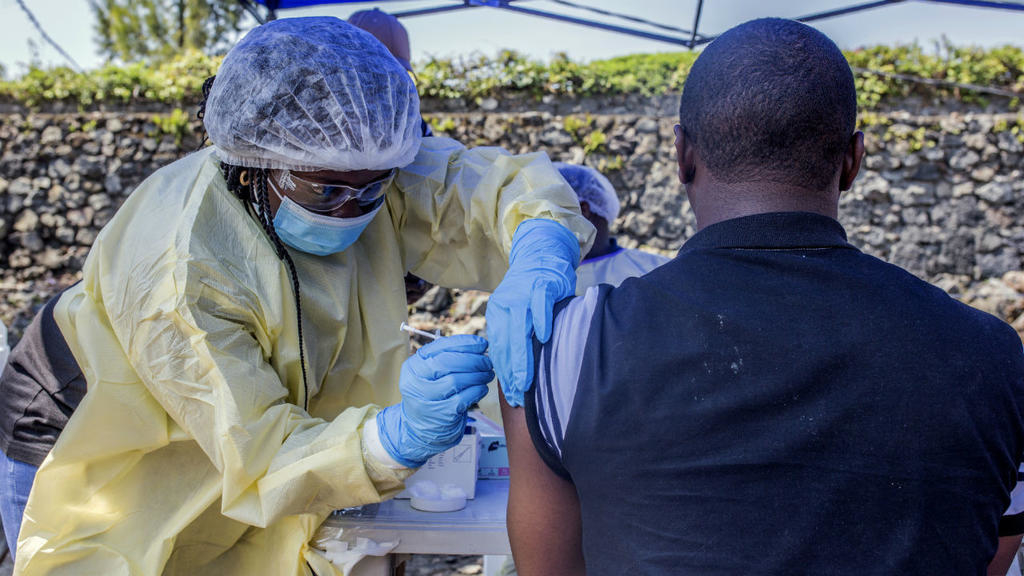Health
WHO declares Congo’s Ebola outbreak public health emergency of international concern

The World Health Organisation (WHO) on Wednesday officially declared the current Ebola epidemic in the Democratic Republic of the Congo (DRC) a Public Health Emergency of International Concern.
WHO chief, Tedros Ghebreyesus, who announced the declaration in Geneva, called on countries to ‘“take notice and redouble our efforts”.
The announcement followed the fourth meeting of the International Health Regulations Emergency Committee assessing the outbreak, according to a statement by the UN.
This is coming ahead of the first anniversary of the complex outbreak in the volatile Eastern part of the country in August adjudged the second worst outbreak of the disease.
Ghebreyesus said that it was time to “work together in solidarity with the DRC to end this outbreak and build a better health system”, for its people.
So far, there have been more than 2,500 cases of infection, and nearly 1,670 have died in the provinces of Ituri and North Kivu.
Multiple armed groups and lack of local trust have hampered efforts to get the outbreak under control in the area.
“Extraordinary work has been done for almost a year under the most difficult circumstances.
“We all owe it to these responders – coming from not just WHO but also Government, partners and communities – to shoulder more of the burden,” the WHO said.
A Public Health Emergency of International Concern, according to the WHO’s International Health Regulations, is an “extraordinary event which is determined to constitute a public health risk to other States through the international spread of disease and to potentially require a coordinated international response.
The International Health Regulations constitute a binding legal agreement involving 196 countries across the globe,
The definition means a situation that is serious, sudden, unusual or unexpected, that may require immediate international action.
It also applies to a situation that carries implications for public health beyond the affected State’s national border, the UN said.
The WHO committee cited recent developments in the outbreak in making its recommendation.
These include the first confirmed case in Goma, a city of almost two million people on the border with Rwanda, and the gateway to the rest of DRC and the world.
The committee also issued specific conclusions and advice to affected countries, their neighbours, and for all states, in terms of how the outbreak needs to be dealt with moving forward.
It expressed disappointment in recent delays in securing more international funds to fight the disease, which has constrained the response.
Members also reinforced the need to protect livelihoods of the people most affected by the outbreak by keeping transport routes and borders open.
The experts said it was “essential to avoid the punitive economic consequences of travel and trade restrictions, on affected communities.”




 Davido's Net Worth & Lifestyle
Davido's Net Worth & Lifestyle 
